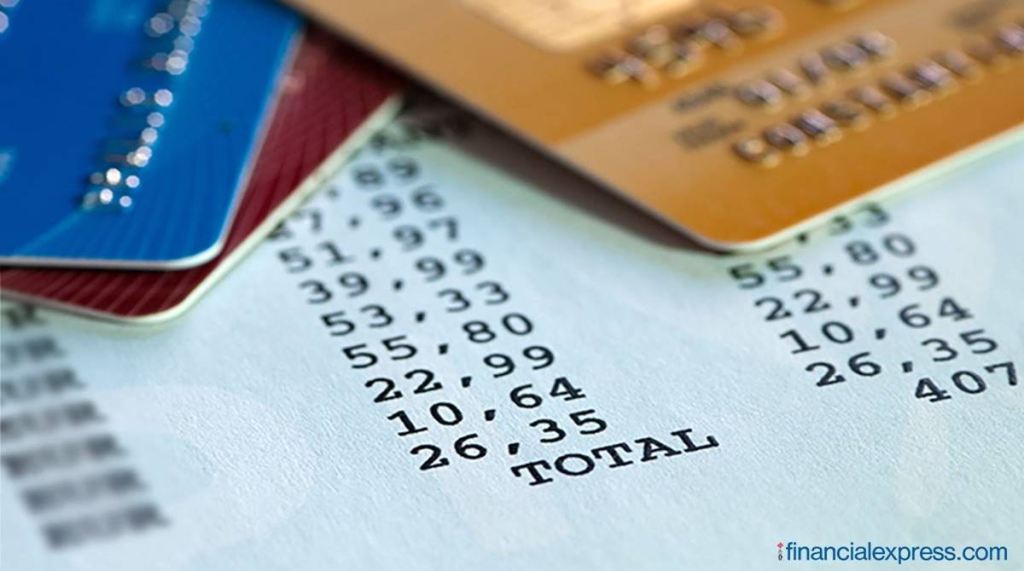As per a recent RBI report, credit card outstanding balance has crossed the 2-lakh-crore mark in April 2023. This is nearly a 30% rise from April 2022. Though such increase in spending shows confidence in using credit cards, it also necessitates a discussion around the judicious use of credit.
One of the main reasons why people tend to overspend with credit cards is that they get an interest-free credit period of up to 50 days and the actual payment is postponed to a later date. However, users must understand that irresponsible usage and repayment behaviour can quickly lead to a debt spiral as credit cards carry hefty finance charges and late payment penalties.
Let us understand how these penalties can push you into deep debt.
Late Payment Charges
When you spend beyond your means and cannot afford to pay at least the minimum amount due by the due date, late payment charges will be applicable. Late payment charges usually depend on the total overdue amount. For instance, you may have to pay Rs. 100 if the dues are up to Rs. 2,000 but for total dues above Rs. 25,000, you may have to pay Rs. 1,000.
An important point to note here is that by paying at least the minimum amount due by the due date, you can avoid late payment charges. However, finance charges will be applicable on the unpaid balance, as discussed in the next point.
Also Read: Income Tax Return: 10 ITR filing mistakes which can cost you dearly
Finance Charges/ Interest Rate
Many cardholders still think that paying the minimum amount due is enough. However, when you pay any amount less than the total due, the remaining balance will start attracting finance charges, which may range from 20% to 44% p.a. depending on the card. Moreover, when there is unpaid balance on your credit card, new transactions become ineligible for the interest-free period. This means all new purchases you make will attract high finance charges from the first day. When you continue to make purchases while revolving outstanding dues to the next cycle, finance charges can quickly add up and lead to a debt spiral.
Let us understand this with an example.
Statement Date: 1st July
Payment Due Date: 15th July
Total Due: Rs. 50,000
Minimum Due: Rs. 20,000
Finance Charges: 3.5% p.m.
In the above scenario, if the cardholder makes the minimum payment by the due date, late payment charges will not be applicable. However, the remaining balance of Rs. 30,000 will attract finance charges at 3.5% p.m. Considering the balance remains unpaid throughout the month, the user would have to pay Rs. 1,050 as finance charges.
Now, if the user also makes a purchase of Rs. 10,000 on the same day, that is, 15th July, it will also start attracting finance charge at the same rate which will amount to Rs. 350. So, in this case, the cardholder will have to pay an additional sum of Rs. 1,400, all in penalties.
Cash withdrawals are also not eligible for interest-free period and when you withdraw cash, new transactions also do not qualify for the free credit period, again leading to a debt spiral. Cash withdrawals, therefore, should always be the last resort.
To ensure disciplined use of their credit cards, consumers should follow the given practices:
- Spend only as much as you can afford to pay back by the due date
- Do not pay only the minimum amount due; always clear your credit card dues in full on or before the due date
- If you are already running behind on your credit card bills, consider converting it into EMIs and pay off over a few months
- Do not use your credit card for cash withdrawals as it is not eligible for the interest-free period
- Do not make it a habit to exhaust the entire credit limit available to you as it would negatively impact your credit score, making it difficult to avail credit in future
Also, to maximize the rewards and benefits offered by your credit card, choose one that matches your lifestyle and spending pattern. For instance, if you are a frequent traveller, choose a credit card that offers benefits like free airmiles, lounge access, hotel vouchers etc. Similarly, if your online shopping bills are significant, look for a card that offers benefits like high reward rate, cashback etc. on online spends.
Simply put, to maximize the value from your cards, take credit cards that match your spending pattern, spend judiciously through them, which is to say spend only what you can repay comfortably on time and show responsible behaviour while repaying the bills.
(By Rohit Chhibbar, Head of Credit Cards, Paisabazaar. Views are personal)


